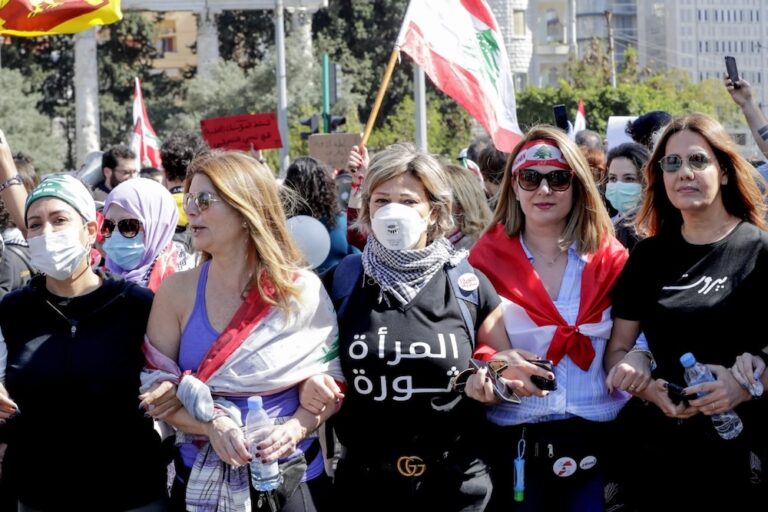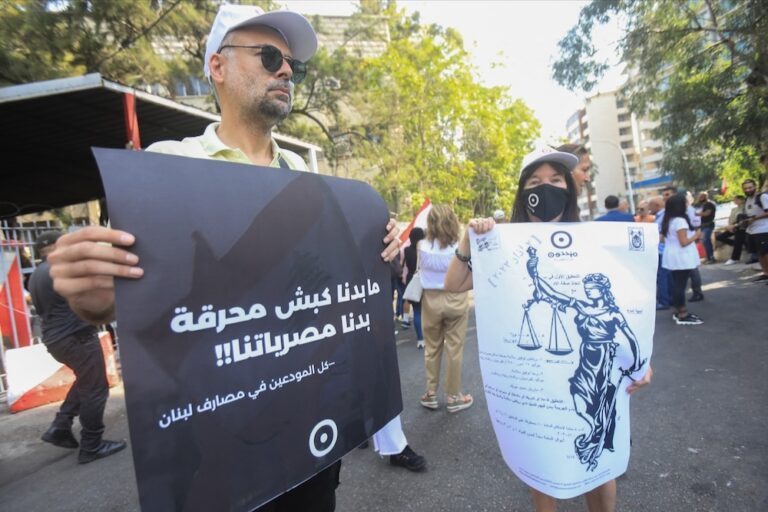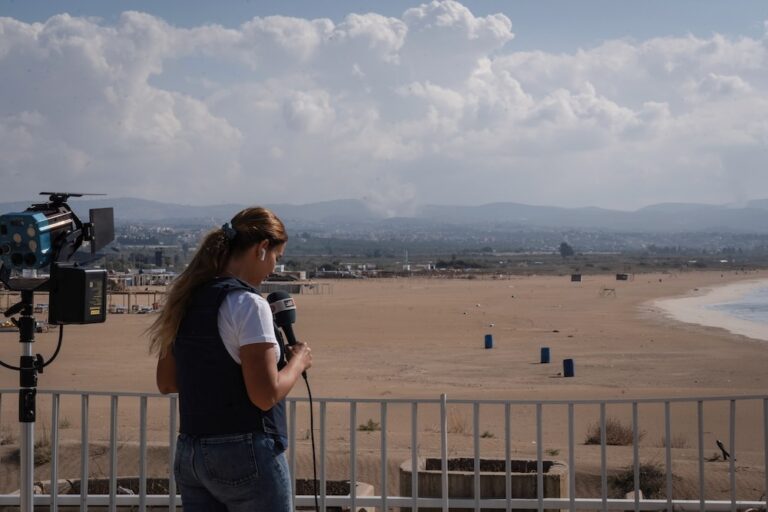A new study from Maharat Foundation examines media trends in Lebanon in the year following the October 2019 revolution, including the growing role of alternative media, influencers, and online free expression in shaping public discourse and holding authorities accountable.
This statement was originally published on maharatfoundation.org on 18 May 2021.
The Maharat Foundation has developed a study on “Media Trends in a Time of Change” in cooperation with the United Nations Development Program, funded by the European Union and the United States Agency for International Development.
The study examines the trends regarding the means of information and communication in Lebanon at this stage, about a year after the start of the October 17 revolution, in order to understand the extent of the follow-up of the demands of the revolution, especially the pursuit of desired change, the fight against corruption, education on public affairs, and the process of democratic change through elections. It includes specific time periods and specific milestones extending from October 17, 2019 until November 2020.
It also looks at the “alternative media” that has emerged through social media and has contributed to the emergence of a group of influencers and opinion leaders who play a parallel role to the media, though it may be no less important and influential. It pays special attention to this new media, which has succeeded in positioning itself as an important source of information and opinion-building, and has thus prompted the traditional media that take it into consideration and adopt it as a news source and as an important indicator of the people’s pulse. Therefore, the study sought to investigate the influencers in social media and the alternative media’s approach to events in comparison with the traditional media.
The study focuses on 7 topics:
- The media’s concerns regarding the parliamentary elections
- The demands of the October 17 Movement and television coverage
- Monitoring women’s representations in the media and their political participation
- Monitoring the priorities of traditional and alternative media
- The media’s interest in corruption issues
- The union and student elections and coverage by traditional and alternative media
- New influencers and media figures through social platforms
TO READ THE FULL STUDY IN ARABIC CLICK HERE
TO READ THE EXECUTIVE SUMMARY IN ARABIC CLICK HERE



